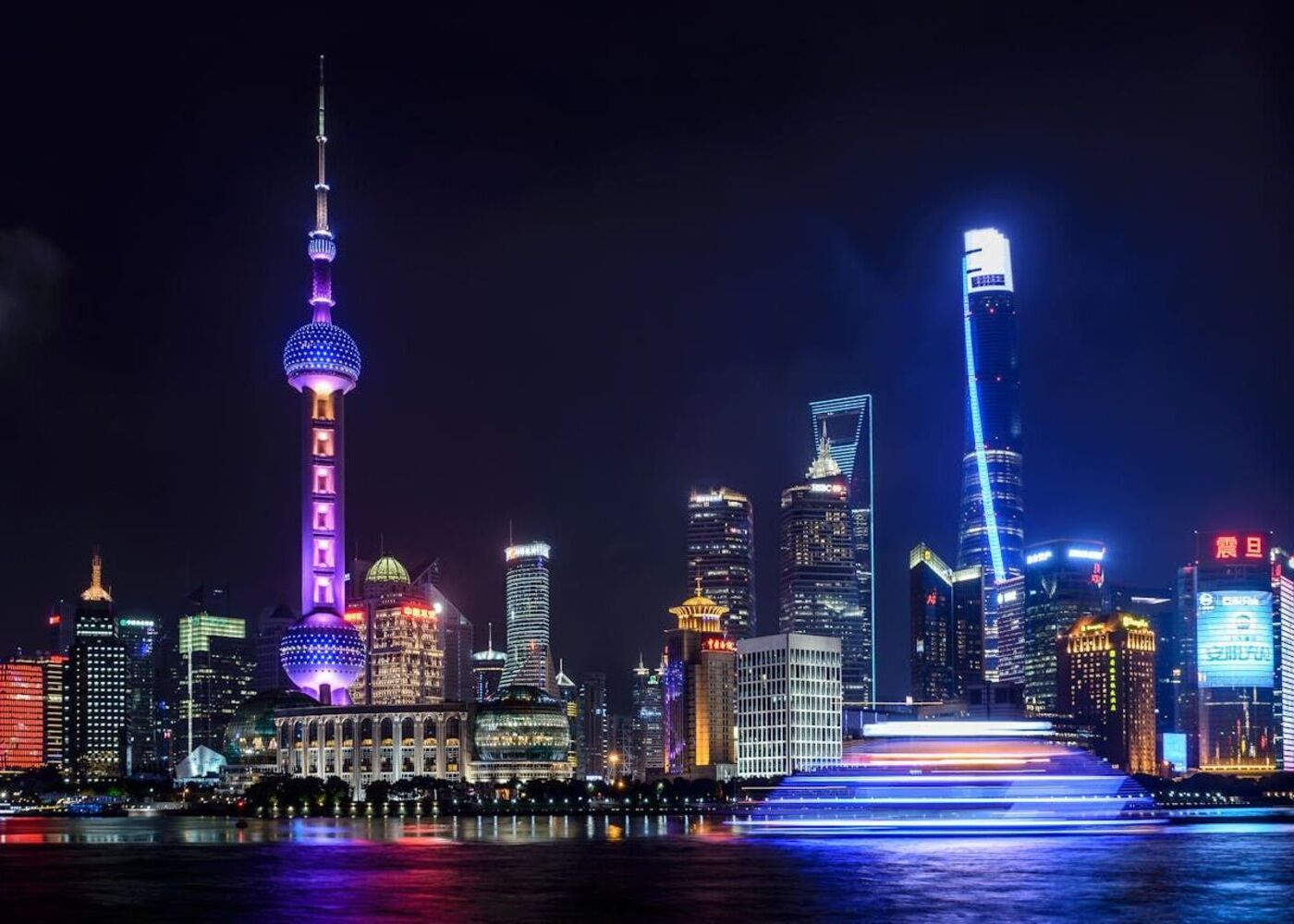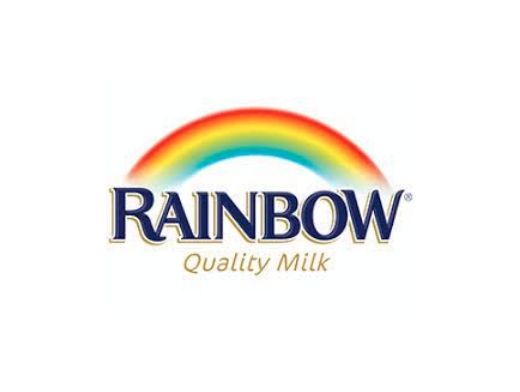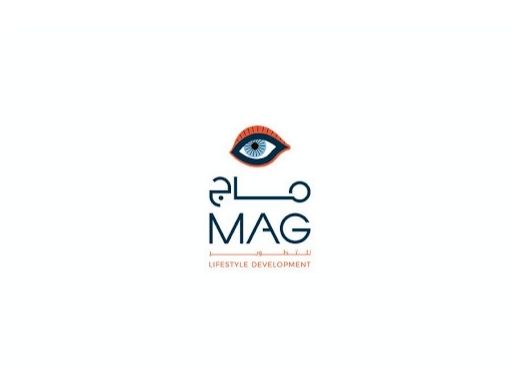Bollywood in the past couple of decades has become an enigma to unravel. Never has a film industry, other than domineering Hollywood, received so much attention as the Bombay film industry now known as Bollywood does.
And there are many reasons for the curiosity and criticisms that have accompanied the world largest film producing film industry; both from within the Indian nation and outside it; and none the least the question of its legitimacy as the true reflection of the Indian society – especially to the rest of the world. Does Bollywood reflect Indian society?
M. Madhaya Prasad, a film professor in Hyderabad, says he is bothered by the fact that people and society are influenced by Bollywood films, although such films depict a reality that is not the same as the viewers' reality.
Everlasting love, joy, profound despair, and severe obstacles are all part of the human experience. Bollywood films often put couples' love and willingness to sacrifice to the test. Bollywood films take the audience through a storm of emotions, but because they are essentially fairytales, happy endings are always expected and granted.
The Realities?
Indian society is very hierarchical, and despite the fact that the caste system was abolished in the 1950 constitution, caste discrimination persists across the country. Even while society has been more open and tolerant since the beginning of the 1990s as a result of economic success and educational improvement, it is not as easy as it appears in the movies to remove obstacles between people from various backgrounds who love each other.
Only a small percentage of India's 1.2 billion people live in cities like Delhi, Mumbai, Kolkata, or Chennai. According to the 2011 census, two-thirds of Indians live in rural areas and rely on agriculture for their livelihood. 90 percent of marriages are still arranged, according to UNICEF figures from 2012. Even though many marriages in cities are founded on love, they are still planned by a couple's family. Hindus, who make up 80% of the population, are still uncommonly married to Muslims, who make up 16% of the population. Stars like Shah Rukh Khan and Saif Ali Khan, who are Muslims, are looked upon as idols in Indian society because they are both married to Hindu women in real life.
Reflection of a Society or Dreams?
Javed Akhtar, a well-known writer, argues that the films do a good job of reflecting what is going on in society; although such representations are only of the ambitions, hopes, values, and traditions of the people. They are not true reflections, but rather the aspirations of a community.
Cinema Is Entertainment
The word "cinema" denotes "entertainment”, we can't expect directors to depict society's harsh reality. This is not a commercial film's job or objective. A director’s primary concern is not just a good showing of his movie in the cinema, but its ability to bring in large numbers as a result. The film is first a business than anything else.
However, some films have been able to bridge the divide between realities depicted in films and the realities of society. "Dirty Picture," starring Vidya Balan, examines the question of which films are popular with the general audience. The film takes a look at the life of Silk Smitha, a South Indian pornographic actress who committed suicide after being shunned by society.
"Dirty Picture" does, however, show a new tendency in Bollywood filmmaking. Women have had ornamental parts for a long time; but now, there are now more films with strong, accomplished women as protagonists.
Commercial Success vs. Reality
Only a few films in recent years have accurately reflected real concerns, such as Vishal Bhardwaj's "Maqbool" (2003), which is about the mafia in Bombay, and Anurag Kashyap's Black Friday (2004), which is about the Bombay bombings and communal rioting between Hindus and Muslims. Although it received positive reviews from reviewers, it was only exhibited in a few Indian cinemas.
Some films, like "Salaam-Namaste" (2005), "Taare Zameen Par" (A Star on Earth, 2007), and "Dostana" (Friendship, 2008), have successfully combined serious issues like dyslexia and homosexuality with Bollywood's dream-world realities for commercial success. Such films, however, are a rarity.
There are similar articles and more on Filmdistrictindia as well as information on filmmaking, photography, lifestyle products, etc. Film District India is an award-winning company that has the personnel and professionalism to meet your needs and expectations in all areas of photography, video, and filmmaking.














































